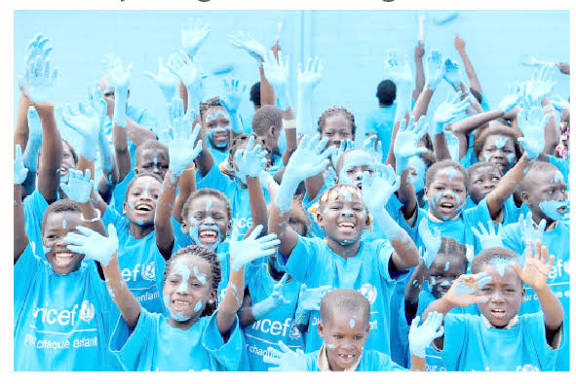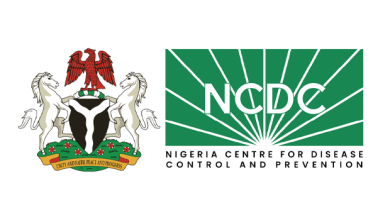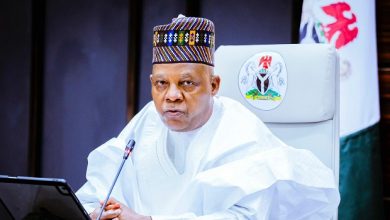UNICEF, Information ministry advocate ethical child reporting

The United Nations Children’s Fund (UNICEF), in partnership with the Federal Ministry of Information and National Orientation, has called on journalists across Nigeria to uphold ethical standards in their reportage especially when covering issues involving children and other vulnerable groups.
The appeal was made in Port Harcourt during a two-day workshop for media practitioners on “Ethical Journalism and Child’s Rights Reporting.”
The training aimed to strengthen media sensitivity and professionalism in reporting stories that affect children.
Delivering the keynote address, Dr. Anslem Audu, Chief of the UNICEF Port Harcourt Field Office, underscored the influential role of the media in shaping public perception and safeguarding children’s welfare.
He noted that responsible reporting could amplify children’s voices and bring attention to their struggles, while unethical coverage could cause lasting harm.
“Children are not miniature adults, they are vulnerable, their minds are impressionable, and their futures are shaped by how we represent them.
”Ethical reporting means protecting their identity, avoiding any form of stigmatization or re-traumatization especially for children affected by violence, conflict, or abuse.
”It means giving them a voice, not speaking for them, ” he said.
Speaking on the theme “Why Ethical Reporting of Children Matters in Nigeria,” Dr. Audu stressed that in a country as diverse as Nigeria, the media could either unite or divide society depending on how it handled sensitive issues.
He urged journalists to approach child-centered stories with empathy, accuracy, and respect for human dignity.
He added, “ensure your reporting does not harm or exploit children. Include their voices, report with sensitivity, and let accuracy guide your work. Ethical reporting is not just a moral duty—it is a professional responsibility.”
In his remarks, Falayi Temitoye, Assistant Director at the Federal Ministry of Information and National Orientation, described the workshop as an avenue for journalists to reflect on their ethical responsibilities and to promote reporting that protects the dignity of children.
Temitoye noted that the media wields immense power to inform, inspire, and hold institutions accountable, but emphasized that this power must be exercised with integrity and care.
“When it comes to stories involving children, that responsibility becomes even greater.
“Every image, every word, and every frame we publish can have lasting consequences on a child’s life, safety, and future, ” he said.
He explained that the workshop featured discussions, case studies, and shared experiences designed to build a media culture that upholds children’s rights, amplifies their voices responsibly, and strengthens ethical standards in journalism.
The event brought together journalists, media advocates, and communication experts from across the country.


